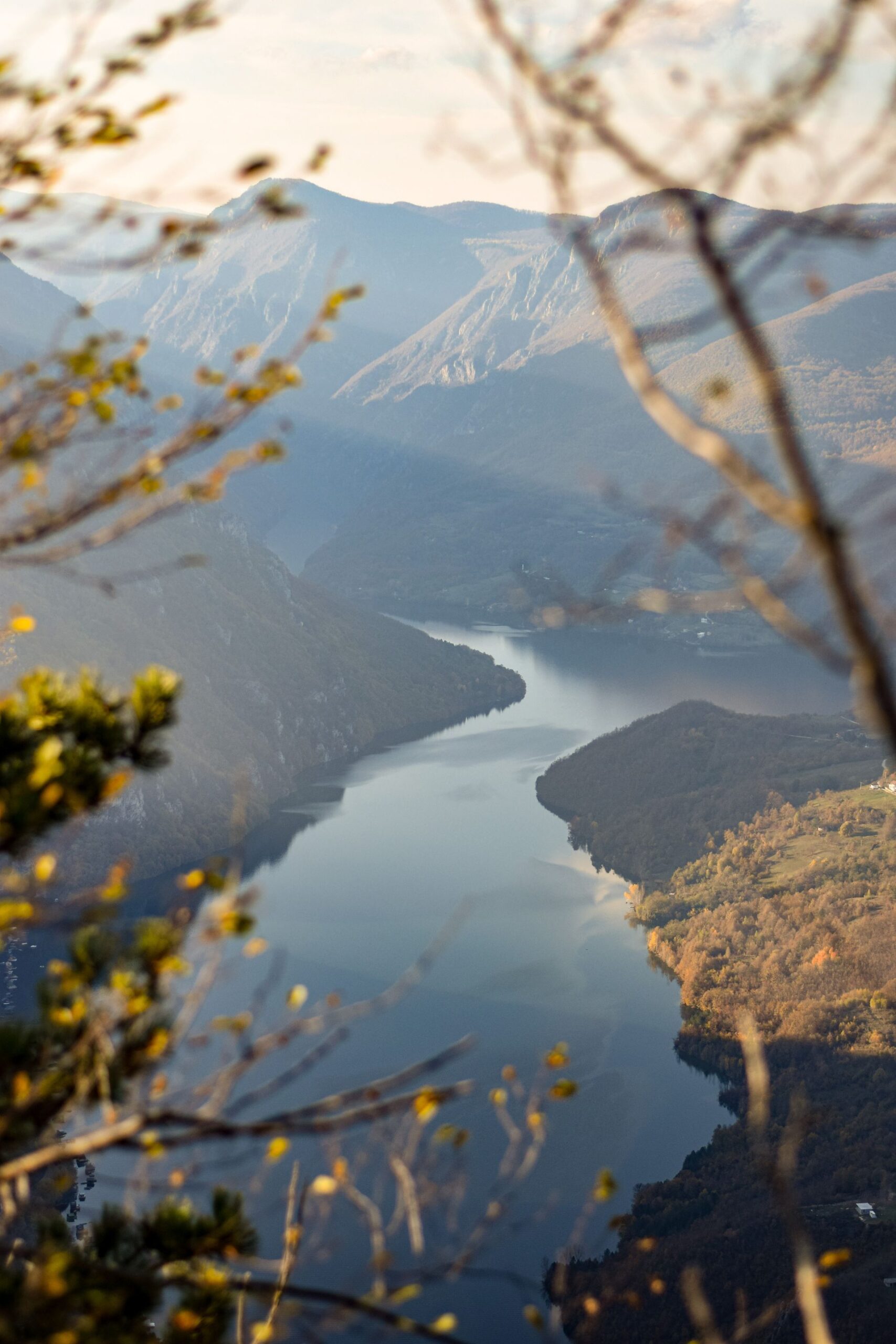The Beacon Blog: Consider It Briefed
The Drina River: Mankind Ruining the Helper of Mankind
By Stephanie Piccininni, Staff Editor for the Vermont Journal of Environmental Law
March 31, 2023

Narrow, windy roads fill the mountainous landscape. Rivers glide across the ground as trees fill lush emerald forests. Villages and cities breathe life into the natural scenery. This is Bosnia and Herzegovina.
The beauty of Bosnia is coupled with extreme resilience of the people and landscape. Bosnia is still recovering from the genocide Serbians committed against Bosnian Muslims in the early 1990s. After Bosnia declared its independence in 1992, the Serbian-controlled Yugoslavian army initiated a war on Bosnian Muslims that lasted over three years. Over 80,000 Bosnias were killed while others were “rape[d], torture[d], and forcibl[y] displace[d].”
Additionally, minefields and land mines are present throughout the nation. Depleted uranium continues to contaminate the water and air due to the United States weapons used during the war. Vigorous fighting within Bosnia made “the destruction of towns, farms, and countryside..inevitable.”
The Drina River runs over 200 miles through Bosnia, Montenegro, and Serbia. The Drina Basin encompasses nearly 8,000 square miles throughout these countries. The Drina Basin flows into the larger Sava River Basin. The word “drina” means “helper and defender of mankind.” Bosnians mirror this sentiment with the tradition of creating wells for others.
The Drina is known for its breathtaking landscapes and fishing. Individuals also raft along the Drina. Unfortunately, the Drina is not in wide use when it is garbage season.
Garbage season occurs during the winter and early spring each year. During this season, snow is melting and rain is heavily falling throughout the country. These garbage seasons have been occurring in Bosnia for over two decades.
The Drina River frequently holds enormous amounts of waste. In 2021, for example, approximately 4,000 cubic meters of garbage overflowed into the Drina. Removing this amount of waste takes approximately six months each year.
To mitigate the damage to the Drina, trash barriers were installed by a Bosnian hydroelectric plant to collect garbage during the winter season. Trash barriers create an easier way to extract waste from the Drina River. Employees from the plant collect waste that is then transported to local landfills.
In January 2023, the areas surrounding the Drina suffered from unusually warm weather and large amounts of precipitation. This weather caused an overflow of streams and rivers. Individuals living along the Drina had to evacuate their homes to avoid torrential rainfall and flooding. The Drina once again began overflowing with garbage.
This instance, however, was different. In January, the Drina has accumulated over 10,000 cubic meters of garbage. Most of the garbage consists of plastic waste. However, there are other household items among the garbage, such as refrigerators. Much of the waste comes from unmonitored landfills along the river.
Viegrad is a town that sits along the Drina River. The large trash barrier accumulating all of the garbage from January is located near Viegrad. The barrier was installed by a Bosnian hydroelectric plant. This plant wished to prevent garbage from entering its dam. After garbage removal, waste travels to the Viegrad landfill.
Unfortunately, the landfill does not have the capacity to store all of the waste from garbage season. The landfill continually burns to make room for Drina waste in addition to Viegrad waste. The fumes from these fires create large environmental and human health consequences.
Bosnia has the fifth highest mortality rate due to air pollution. In addition to the landfill fumes, Bosnians rely on coal and wood for heat. In the winter, air pollutants get trapped in the narrow river valleys where cities are located and cause harm to residents. Individuals living near coal-fired power plants suffer from lung problems and refuse to leave the house for days from the pollution.
Clusters of polluted material are also destroying segments of the river ecosystem, resulting in habitat loss in the most severe instances. Microplastics, in particular, are harmful to animals and humans. Microplastics can cause large instances of death and disease for aquatic animals. Further, humans can suffer from a range of disorders as microplastics enter their systems.
Citizens along the Drina River, however, have options in terms of relief. There are environmental activists within Bosnia that are challenging the government to examine its role in destroying the ecosystems surrounding hydropower plants. Activists are demanding governmental accountability and relief for causing environmental harms.
Additionally, in 2002, the Framework Agreement on the Sava River Basin created the International Sava River Basin Commission. Bosnia, Croatia, Slovenia, and Serbia, the four riparian countries, agreed to cooperate towards sustainable water resource management. Objectives include preventing or limiting hazards and reducing “adverse consequences, including those from floods and incidents involving substances hazardous to water.” Unfortunately, the International Sava River Basin Commission has not addressed garbage season for almost twenty years.
Further, in the summer of 2022, the Federation entity parliament in Bosnia changed the Law on Electricity to ban building small hydropower plants. The Federation confirmed that hydropower plants negatively impact the environment.
In the future, Bosnians and activists should be advised when addressing current and future needs. Years cannot continue to go by while Bosnians suffer further harms. Bosnians deserve better now.
